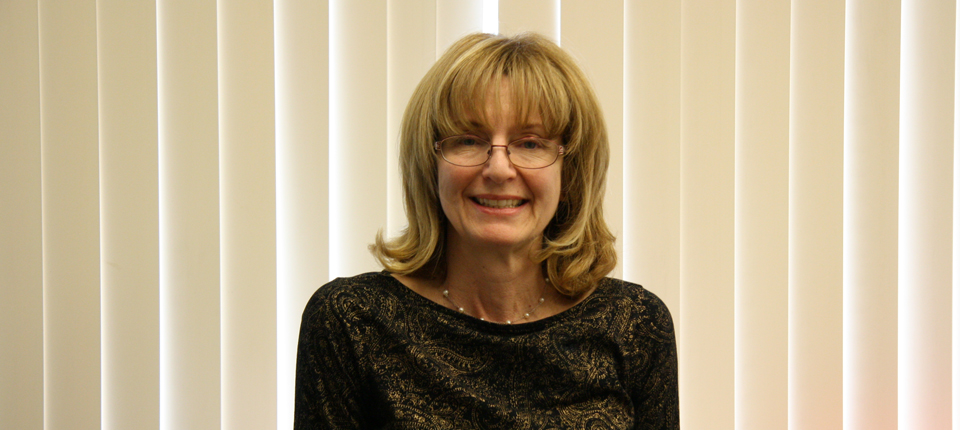What policies and practices support health equity and access to care for LGBTQ people and other minority communities?
As a public health nurse for many years, Judith MacDonnell witnessed firsthand the inequities and challenges that are often experienced by minority communities accessing healthcare. Now, her program of action research explores how systemic, organizational and individual practices can exclude vulnerable populations such as immigrants, women, and queer and trans communities. She is also a strong advocate for community and nursing activism, and works with community and professional groups, grass-roots agencies and coalitions, to create positive change from the ground up.
Inspiration
My work has to do with access and health equity as well as minority health and education. The focus is to create positive educational environments, working environments and communities of care, from the macro level of policies and systems, to the meso level of organizations and communities, to the micro level of relationships between providers and individuals. It’s about creating positive and respectful care wherever people live, work and play.
Communities are my inspiration. Developing those relationships, whether with LGBTTQI communities or culturally-specific communities, means that you’re in it for the long term. The research questions that we are asking are questions the communities themselves have asked, and they are involved in the projects in meaningful ways. It’s not about flying in and out as a researcher; it’s about learning from communities, and building and sustaining these collaborative relationships in order to understand the complex factors that influence their health and wellbeing and support actions for change.
Impact
Findings from my PhD study provided the basis for a RNAO policy resolution on respecting sexual orientation and gender identity. Nursing was the first profession in Canada to have this kind of policy statement. Study findings also led to the creation of a province-wide interest group of the RNAO about LGBTTQI issues in nursing called the Rainbow Nursing Interest Group, and provided support and a forum for political action to not only those who identified as LGBTTQI, but also their allies. I was one of the founding members, and the Rainbow Nursing Interest Group continues to this day. The next step, together with the RNAO and Rainbow Health Ontario, is to develop LGBTTQI-focused best practice guidelines for health professionals.
Highlight
Political action helps to shift understanding and create spaces for dialogue and change. Healthcare providers need to be involved in political action and policy work in order to create health equity.
One highlight is a recent project called “Finding a Space for Myself Outside of the Stereotypes,” which generated an action plan that integrates ideas about activism into mental health promotion for immigrant women. Using the findings from our focus groups, and working alongside women from within the communities, we created pamphlets with activist-based strategies for promoting well-being. The pamphlets were translated into eight different languages. Activist strategies aim to build spaces for individuals and communities to dialogue on issues relevant to their lives, build supportive resources and engage with emerging and established community and political resources in action for social change. Our team is challenging what it means to promote immigrant women’s mental health.
I am also proud to have received a COUPN award for educational innovation that was, in part, related to developing the first Canadian LGBTTQI-focused nursing graduate course that aims to build LGBTTQI professionals’ research capacity.
What’s next?
In conjunction with Dr. Andrea Daley from the Faculty of Liberal Arts and Professional Studies, I am co-leading a homecare project with the Community Care Access Centre and Rainbow Health Ontario to identify priorities for supporting change in the homecare system across Ontario to make it more inclusive for queer and trans people. Surveys and interviews with LGBTTQI homecare service users and providers found a range of barriers to service access, and pinpointed the need for strategies at individual, organizational and system levels to create inclusive care and working environments. Next, we will work with homecare organizations and decision makers to explore how the LGBTTQI-specific access and equity tool we've developed could be used in practical ways to enhance homecare for members of diverse rainbow communities.


